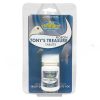Preventing Nutrient Deficiency in Breeding Pigeons: Boost Fertility & Raise Healthier Squabs
When it comes to breeding racing pigeons, your results are only as good as the health of your breeding pair. You can have the finest genetics, best bloodlines, and elite-performing racers, but if you’re not meeting your birds’ nutritional needs during breeding, you’re setting your loft up for weak squabs, poor hatch rates, and stressed, underperforming parents.
This guide will break down the impact of nutrient deficiency during breeding, how to recognize it, and what you can do to keep your pigeons thriving and producing strong, competitive offspring.
Why Nutrition Matters During Breeding
Breeding is a physiologically demanding process for both the hen and the cock. From egg production to squab feeding, their bodies are working overtime. If their diet is missing key nutrients, the effects will show in fertility, hatchability, squab development, and even parental behavior.
Key Problems Caused by Nutritional Deficiencies During Breeding:
- Lower fertility rates: Poor-quality sperm and eggs can be traced back to vitamin or mineral deficits.
- Weak, slow-growing squabs: Without enough nutrients, squabs won’t develop muscle or immunity properly.
- Egg binding or malformed eggs: Often linked to calcium or vitamin D3 shortages.
- Poor crop milk production: Parents lacking amino acids and vitamins struggle to nourish their chicks.
- Reduced parental energy and care: Parents become lethargic and less attentive. Recognizing Nutrient Deficiency in Breeding Pairs
Knowing what to look for can help you make corrections quickly. Here are some common signs:
- Small or thin-shelled eggs
- Delayed egg-laying or skipped cycles
- Squabs not growing evenly or failing to gain weight
- Increased mortality of chicks within the first 10 days
- Feather abnormalities in young
- Weak feeding responses or reduced parental care
If you notice one or more of these signs, it’s time to take a close look at your breeding program’s nutrition.
Key Nutrients Pigeons Need During Breeding
A proper diet for breeding pigeons goes far beyond corn and wheat. Here are some of the essential nutrients and their roles:
1. Protein & Amino Acids
Needed for egg development, crop milk, tissue regeneration, and squab growth.
Sources: Breeding mixes with legumes, peas, and added amino acids like lysine and methionine.
2. Calcium & Vitamin D3
Essential for eggshell formation and skeletal development in chicks. Calcium also supports muscle contraction in laying hens.
Sources: Grits with oyster shell, calcium powders, and D3-supplemented products.
3. Vitamin A
Supports immune function and reproductive health. Deficiency can lead to poor hatchability and respiratory infections.
Sources: Leafy greens, carrots, or vitamin-fortified supplements.
4. Vitamin E & Selenium
Boost fertility and act as antioxidants. Vital for sperm health and embryo survival.
Sources: High-quality grains, oils, and breeding supplements.
5. B-Complex Vitamins
Crucial for metabolism, energy, and feather quality. Deficiency can cause neurological issues in chicks.
Sources: Fortified feeds or vitamin blends in water.
PHP Breeding Boost: Your Nutritional Ally
To consistently produce healthy, competitive racing pigeons, a high-quality supplement is non-negotiable. PHP Breeding Boost is a specially formulated vitamin and mineral blend designed to support the breeding cycle from start to finish.
Why Fanciers Choose PHP Breeding Boost:
- Provides essential amino acids, calcium, D3, and fertility-enhancing vitamins
- Supports robust crop milk production
- Promotes strong bone formation and immune function in squabs
- Increases egg fertility and hatchability rates
Just mix into feed or drinking water during the breeding season. It’s the easiest way to ensure your pigeons aren’t missing any of the crucial building blocks they need.
Tips to Improve Breeding Nutrition
Even with supplements, overall loft management plays a key role. Here are expert tips to help ensure your birds stay healthy:
1. Use a High-Quality Breeding Mix
Don’t rely on racing or maintenance feed. Choose a breeder-specific mix with balanced protein and fat levels.
2. Supplement Consistently
Don’t wait for signs of deficiency. Start supplements like PHP Breeding Boost at the beginning of the breeding season.
3. Fresh Grit Daily
Grit is more than digestion — it’s also a key source of minerals. Provide fresh grit and calcium daily.
4. Watch for Overfeeding
Obesity can reduce fertility. Monitor portions and make sure birds are active.
5. Clean Loft Conditions
Sanitation prevents secondary infections that can complicate nutrient absorption or stress the breeders.
Breeding for Performance: Nutrition is the Foundation
Whether you’re breeding for sprint races or aiming to build a dynasty of long-distance champions, what you feed your pigeons today determines their performance tomorrow. Nutrient deficiencies don’t just affect squabs in the nest – they impact your entire program.
Don’t leave your next generation to chance. With the right diet, supplements, and care, your breeding pairs can consistently produce strong, vibrant young birds ready to take on the skies.
Final Thoughts
Breeding season is the most important time of year for pigeon fanciers, and the health of your pigeons starts with their diet. By understanding the impact of nutritional deficiencies and taking action with high-quality feed and targeted supplements like PHP Breeding Boost, you give your pigeons the best possible start.
Strong squabs begin with strong nutrition. Don’t wait until problems arise – plan ahead, feed smart, and build champions from the nest up.
“Until Next time Keep Them Healthy And Flying”


